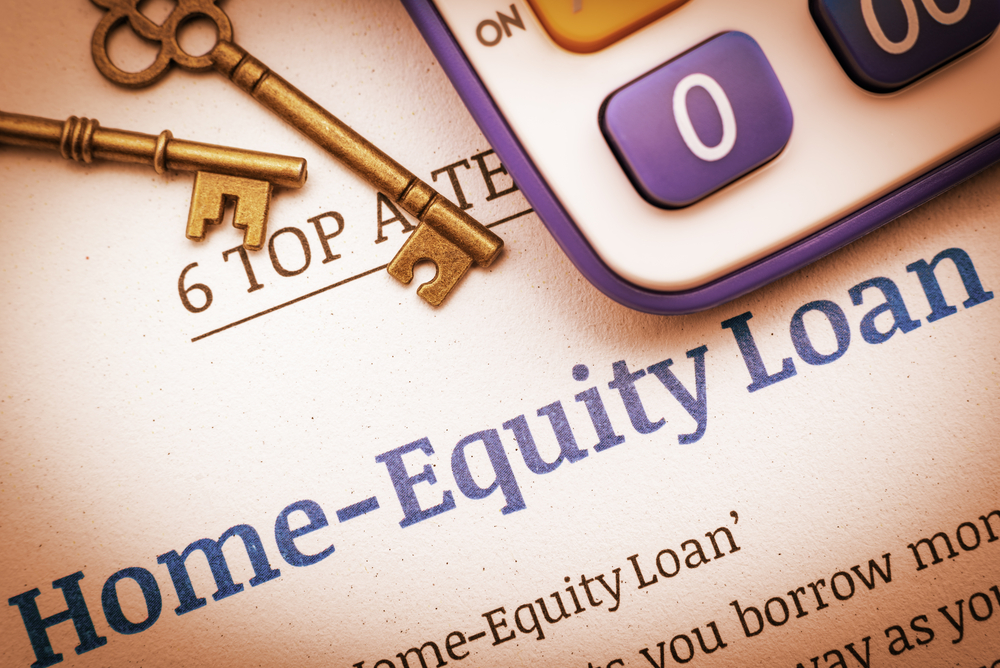The real estate market is more turbulent than we’ve ever seen. Supply not meeting demand, skyrocketing prices, interest rate uncertainty – it makes so many people looking to build their wealth in this sector scratching their heads.
One strategy enduring through all these changes, however, is using equity as a deposit on a new property. For those looking to build and protect their appreciating assets from capital gains or unnecessary expenses, this method unlocks potential opportunities and paves the way for financial growth and security. With the right insight, homeowners can make informed decisions, leveraging their current assets to realise their long-term property aspirations and rear some impressive rental yields.
In this article, our specialists at Aspire2 Wealth Advisers explore how to use equity to buy another house, and whether that is the right move for your investment goals.
What is Your Available Home Equity?
Home equity represents the value of your property less any debts owed on it. For instance, if your home is valued at $500,000 and you owe $200,000 on your mortgage, your home equity stands at $300,000.
Equity is not just a figure on paper but a powerful tool that can be harnessed to get your money working for you. In the eyes of lenders, for example, home equity will embody a homeowner’s sense of financial resilience and capability. By understanding and effectively managing your home equity, you can create opportunities to expand your investment portfolio, thereby strengthening your financial future. Whether it’s for purchasing a second property or refinancing current loans, knowing how to use equity to buy another house can be a game-changer in your wealth-building journey.
The Mechanics Behind Using Equity as a Deposit
The process of using equity to buy another house begins with a clear understanding of your financial position by assessing the current market value of your property and subtracting any remaining mortgage balance to determine your available equity.
Next, consider whether mortgage refinancing is possible. Refinancing involves revising your current mortgage terms, potentially allowing you to borrow against the equity to fund the purchase of another property.
How Much Equity Can I Use?
Generally, lenders will allow you to borrow up to 80% of your home’s value minus any existing debts.

For example, say John owns a home valued at $600,000, but still has a $300,000 mortgage on the property, leaving him with $300,000 in equity. Given a recent supply shortage, he sees that he could purchase another property as an investment and build some strong capital with a high rental yield.
When John visits his bank, he asks, ‘How much equity can I use from my home to purchase another property?’ His lender informs him that the maximum you can typically borrow would be 80% of $600,000 ($480,000) minus $300,000, leaving $180,000 in usable equity.
The house John would like to purchase is $750,000, meaning the $180,000 is more than enough to use as a deposit to secure the rest of the loan.
It is important to note that the Loan to Value Ratio (LVR) plays a vital role in this equation. It’s a metric used by lenders to assess the risk of the loan, influencing how much you can borrow. Keeping your LVR below 80% can often help avoid the need for Lender’s Mortgage Insurance (LMI), an additional cost applied to higher-risk loans.
Click here to book a no-obligation consult and learn more.
Advantages of Using Equity as a Deposit
- Accelerated Property Portfolio Growth: Using your home’s equity as a deposit enables purchasing additional properties without needing immediate cash savings or selling existing assets (incurring capital gains taxes or losses). The method leverages the growth in your current asset to fuel further investments, potentially leading to exponential growth in your property portfolio.
- Favourable Loan Conditions: Offering significant equity as collateral may help you secure lower interest rates on loans, creating a cost-effective strategy that reduces the financial burden of additional mortgages, making your investment journey more sustainable and profitable.
- Enhanced Investment Portfolio Value: Equity utilisation allows for larger-scale investments, which can significantly increase the overall value of your investment portfolio. This approach paves the way for greater wealth accumulation and long-term financial stability.
Risks and Considerations
- Risk of Over-Leveraging: Utilising equity can lead to over-leveraging, especially if the property market declines. In such cases, the total debt may exceed the combined value of your properties, resulting in negative equity and potential financial strain.
- Need for Market Understanding: A thorough understanding of the property market is essential before using equity as a deposit. Knowledge of market trends and conditions helps make informed decisions and mitigate risks associated with market fluctuations.
Alternatives to Using Equity as a Deposit

Exploring other financing options will help you build a well-rounded investment strategy. Savings or term deposits are, of course, the more traditional methods, providing a straightforward approach without additional debt. Another alternative is taking out a separate investment loan, which can be tailored to your investment property’s specifics. Compared to using equity as a deposit, these methods may require more upfront capital but can offer different risk profiles and financial commitments, making them worth considering based on individual circumstances and financial goals.
Importance of Financial Planning and Advice
Purchasing a property is one of the largest decisions anyone will ever make, so having a realistic financial plan that considers rental income potential, ongoing property expenses, and the capability to manage multiple loans is a must. Seeking investment advice from financial advisers ensures that your investment strategy aligns with your long-term financial goals and risk appetite. Advisers can offer insights into diverse investment options and strategies, safeguarding against market uncertainties and enhancing asset protection.
To learn more, speak with our experts at Aspire2 Wealth Advisers today.
This content contains information that is general in nature. It does not take into account the objectives, financial situation or needs of any particular person. You need to consider your financial situation and needs before making any decisions based on this information. If you decide to purchase or vary a financial product, your financial adviser (Aspire2 Wealth Advisers, 08 9322 7028), and other companies within the AMP Group may receive fees and other benefits. The fees will be a dollar amount and/or a percentage of either the premium you pay or the value of your investments. Please contact us if you want more information.
